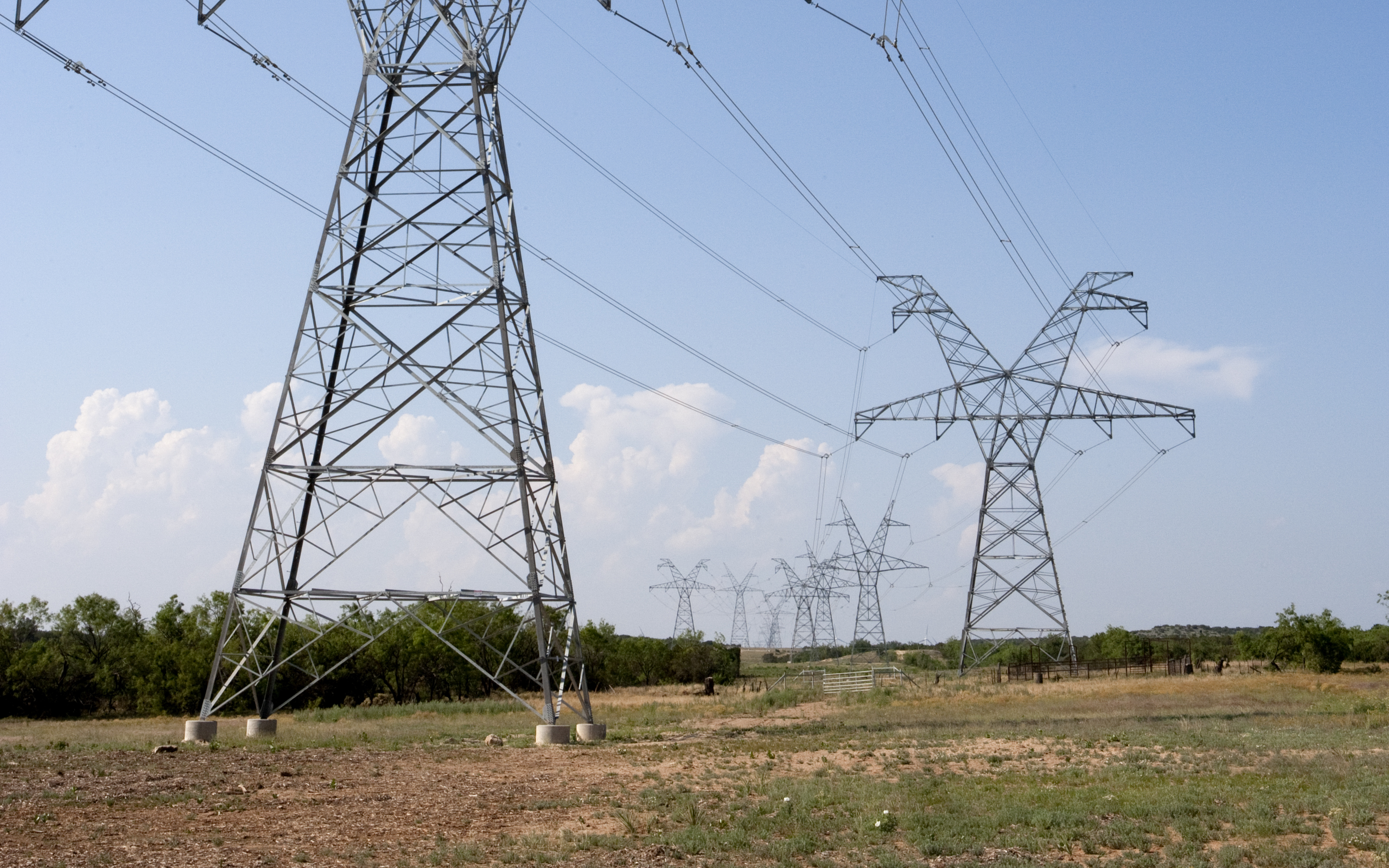
Photo by: Al Braden
Today, September 16, the Public Utility Commission of Texas (PUCT) is holding a workshop as part of its look at Texas’ unique energy market. For the first time, the Public Utility Commission is looking not at supply but at the demand side of the equation that was largely ignored by the Texas Legislature following the massive winter storm failure that left millions of Texans in the dark and led to hundreds of deaths of primarily low-income Texans. The Sierra Club is one of 12 individuals and entities invited to make a 10-minute presentation on energy efficiency, so-called “demand response” (literally managing energy use at peak demand) and distributed customer solutions like storage, electric vehicles, and rooftop solar.
A copy of our comments can be found here, and our presentation can be found here. The workshop itself can be viewed in real-time or later here.
The workshop is one of several held by the PUCT on potential market changes being considered by the Commission, with decisions expected by the end of the year. The next workshop is scheduled for October 13.
In the Sierra Club comments, Cyrus Reed, Conservation Director of the Sierra Club, began with a simple ask: put the public back in these supposedly public discussions.
“While we appreciate the breadth and depth of today’s workshop - and others like it - and the particular focus on the demand side, the PUCT must better engage the full public in the process of making major changes to our energy market,” said Reed. “At the bare minimum, there should be deliberative polling, space for public oral comments before the decision-makers, and at least one workshop at which any Texan can make a presentation. Anything less is an insult to the millions of Texans who were left in the dark this past February, and the hundreds who died. The PUCT should have an open and transparent process to hear directly from the public before making decisions that could impact electric reliability, cost, and the mix of our resources.”
In addition to calling for more public input, Reed called on the PUCT to use all the tools in its toolbox, including boosting our energy efficiency goals and programs, assuring that all barriers were removed to increasing demand response, raising artificial budget caps on the Emergency Response Service program, and allowing all distributed resources to fully participate in our energy market.
“Texas was at one time a leader on energy efficiency and demand response, but has allowed its programs to stagnate,” Reed said. “Energy efficiency and other customer-sited solutions are the cheapest, quickest, and cleanest way to meet our energy needs. They will benefit customers and will create a more resilient, reliable grid.”